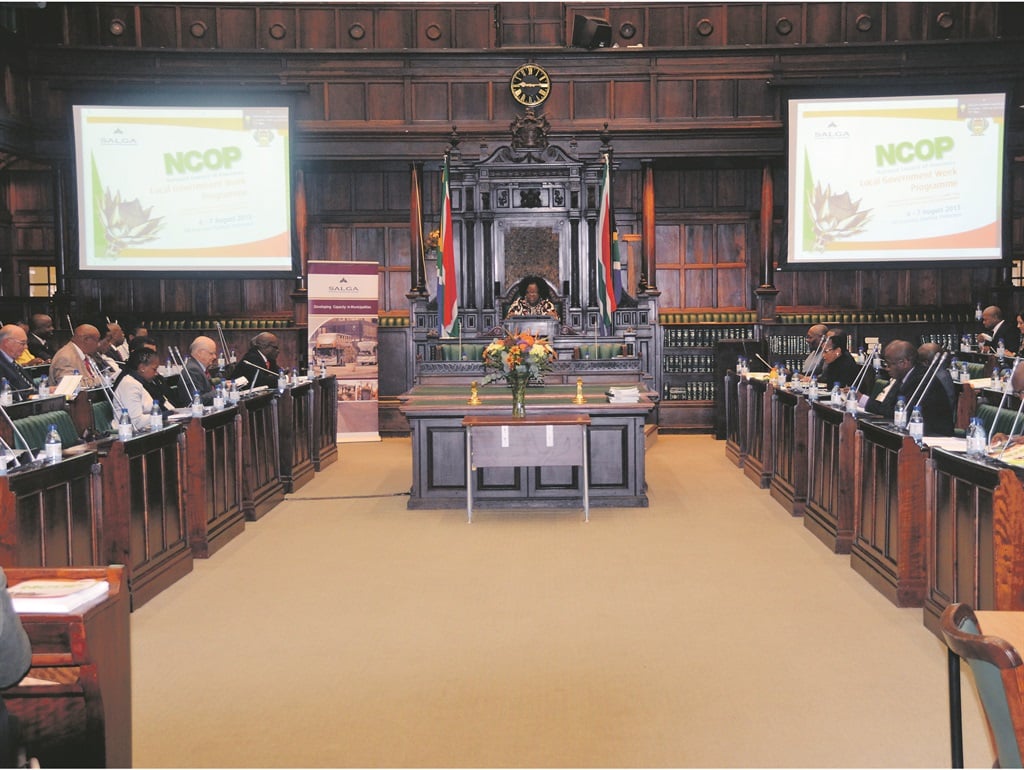
More than a year before South Africa’s first democratic elections were held in April 1994, groundbreaking interim measures were instituted to irrevocably steer the country along a path of that was manifestly characteristic of the purest distillation of democracy.
One of these measures was the Local Government Transition Act of February 1993, a law that, in liberating will and progressive intent, echoed the reverberating gravitas of the unbanning of the ANC and other organisations in February 1990.
That the “people shall govern” a future South Africa became increasingly clear, and for such an act to be enacted before South Africa even had an interim constitution (only adopted in November 1993), serves to underscore the unstoppable trajectory of South Africa’s political progress in the early 90s.
More importantly, the act paved the way for the National Summit for Organised Local Government in November 1996, which in itself opened the door to the formation of the SA Local Government Association (Salga).
Speaking at the summit, then president Nelson Mandela, a heart-and-soul proponent of common denominator politics, espoused the democratic significance of municipal ubuntu.
“This summit will be remembered as a milestone in the history of organised local government,” he said, adding that his “experience is that many important decisions take too much time to reach grassroots level”.
Rebuilding a deeply divided society from the ground up was, for Madiba, “the essence of Masakhane [meaning, ‘let us build together’] – a good relationship between the people and the government”.
Mandela reiterated that the man-on-the-street impetus of local government, with its implicit intersections between councillors and constituencies, “will help make transparency a key aspect of the daily functioning of local government”.
Speaking at the same summit, the then minister of provincial affairs and constitutional development, Mohammed Valli Moosa, contextualised the significance of the summit as a key point on “the long road to the democratisation and empowerment of this country.”
Moosa added: “At the heart of 1996 Constitution are the provisions of chapter 3 dealing with cooperative governance. It is clear that relations between or among spheres of government have at their foundation collective decision-making, consultation and action.”
Lofty praises aside, a lot of hard work awaited the nascent organisation, and, as is stated in a retrospective report, the role for local government and Salga had to be defined, highlighting the powers and functions envisioned for it.
In pursuance of mandates identified under what is known as organised local government of section 163 of the Constitution, the scope of expected interventions at organised local government level expanded exponentially, casting in sharp light the triple challenge of addressing poverty, unemployment and inequality.
In addition, Mpho Nawa, the deputy chairperson of Salga, wrote that it was “necessary for local government to address the developmental requirements of a citizenry with large historical asymmetries in access to skills development, basic services and economic opportunities”.
Some of the key findings from the overview include:
. Salga’s key objectives remain lobbying and advocating for and representing the local government, creating employment and capacity, providing support and advice, doing strategic profiling, and facilitating the sharing of knowledge and information.
. Now in its 20th year, Salga’s evolution and progress, oftentimes affected by external, hard-to-control situations, means that it has only been functioning as a cohesive entity from 2012 onwards.
. In the settling process, Salga has managed to grow in income, influence, effectiveness and institutional presence in intergovernmental forums and the media.
. As the organisation sharpened its focus and successive leadership, and introduced measures to improve performance and monitoring systems, Public Finance Management Act reporting, conditions of employment and programme effectiveness, it has had to adapt to changing external environments while dealing with financial issues generated by its own institutional settling.
. Even with proactive change agents such as current chairperson Parks Tau at the helm, Salga is a vital institution that remains hamstrung by the historical condition of underfunding.
Nawa concludes his review by saying that even with major improvements to its revenue collection systems and general finances since 2007, the extent to which structural underfunding remains a serious issue is still cause for concern.




 Publications
Publications
 Partners
Partners








